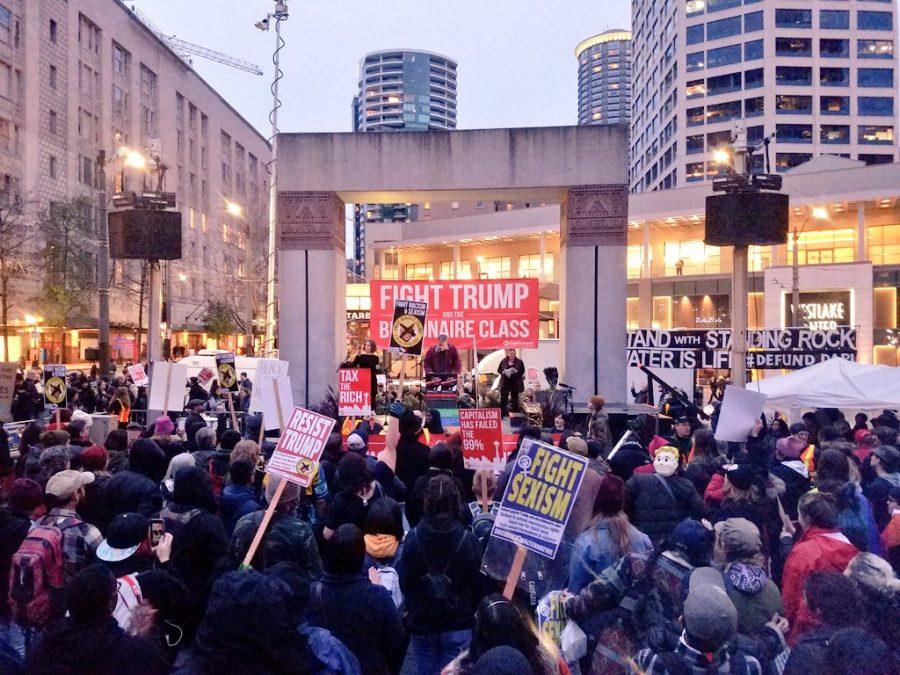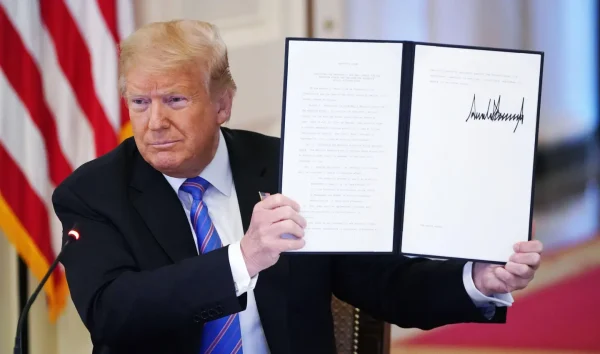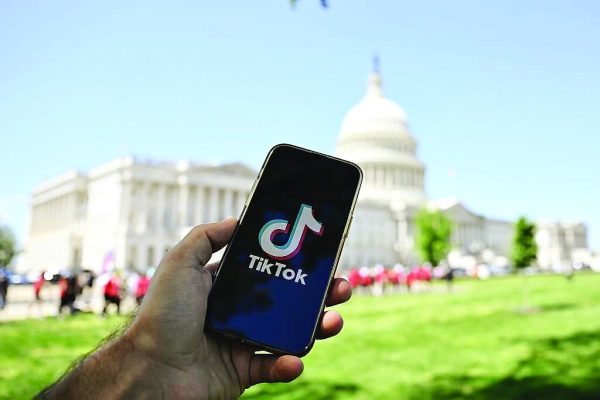No end in sight for Seattle protests or activism
On January 20 of 2017, Donald J. Trump became the President of the United States of America. And with a great cacophony of indignation, the entire world seemed to take to the streets.
Seattle is one of many cities which has not stopped since.
In Seattle – a designated Sanctuary City for immigrants and liberal stronghold within the blue state of Washington – a palpable resolve seemed to resonate throughout the city. Hundreds took to the streets for multiple marches and protests which extended from morning to night on January 20, followed by the 175,000 attendee Women’s March the next day.
Dozens of protests have taken place since, including one against Wells Fargo at City Hall for their multi-million dollar contributions to the Dakota Access Pipeline. This led to a unanimous City Council vote for Seattle to divest $3 billion from the bank.
Opponents of the executive office asserted that Trump’s rise to power had been fueled by xenophobic rhetoric and fascist political tactics. Human rights organizations and supporters of all stripes pushed into the foreground of political action to unite through protest.
It seemed no one movement was left unaccounted for on the first night of post-Trump protests in Seattle and many since; Black Lives Matter and indigenous peoples such as the Duwamish tribe seemed to hold the majority. Tribal leaders spoke out against the infamous Dakota Access Pipeline, which Trump had set into motion shortly after former President Barack Obama had delayed the project indefinitely after months of tireless protests by the Standing Rock Sioux Tribe and allies to their cause.
Speakers led chants for unions and for pro-immigration rights. People donning LGBTQ flags and “pussy hats” in preparation for the next day’s Women’s March were scattered amongst the crowd. Disabilities were addressed by protesters supporting the Affordable Care Act. What would usually seem like a disorganized message instead seemed unified and powerful; that everyone there was affected, and that they were all angry, and that they would all be standing together.
What seemed like a primarily peaceful protest, however, was disrupted when the march led to the University of Washington, where another protest was occurring in opposition of UW Guest Speaker Milo Yiannopoulos – an editor for the right-wing news outlet Breitbart News. Both Yiannopoulos and Breitbart are becoming infamous for their provocative content popular among white-supremacist movements.
Tensions rose as protesters attempted to stop people from entering the building to see Yiannopoulos speak, ultimately creating a rift in opposing protesters that led to bricks, fireworks, paint and other items being thrown. A fight escalated which led to the shooting of Josh Dukes, a 34-year-old Seattle computer security engineer who attempted to quell the violence between opposing protests.
The alleged shooter turned himself in and was released promptly after the man alleged that he had been shooting “out of self-defense.” Dukes did not call for charges.
The night shook the Puget Sound, but scarcely prepared it for next day’s Women’s March. 50,000 attendants were expected, and yet the highest estimate of protestors by the end of the day had more than tripled the original number to 175,000.
The protests were overwhelmingly peaceful, not just in Seattle but worldwide. In the city, local native tribal leaders served as the vanguard for a sea of marchers who took the procession from Judkins Park to the Seattle Center.
Multiple protests have taken place since, including the spur of the moment Sea-Tac protest. This demonstration took direct action against the immigration ban that led to the detainment of up to 13 people at the Sea-Tac airport.
Mayor Ed Murray, with several local elected officials, held a press conference at the airport hours before protesters descended upon it, openly refuting the President’s legal and constitutional merit for the immigration ban on seven predominantly Muslim countries.
“This is what happens when a president turns his back on the values of our country,” said U.S. Representative Suzan DelBene at the conference. “This is what happens when the president and his administration issue a reckless order late at night with no thought to the implication or consideration of the impact on individuals and families.”
The continuing narrative of the Trump presidency has been characterized by mass protest movements occurring worldwide. Seattle has won acclaim as a champion in the headlines at least once a week for its efforts and impacts.






